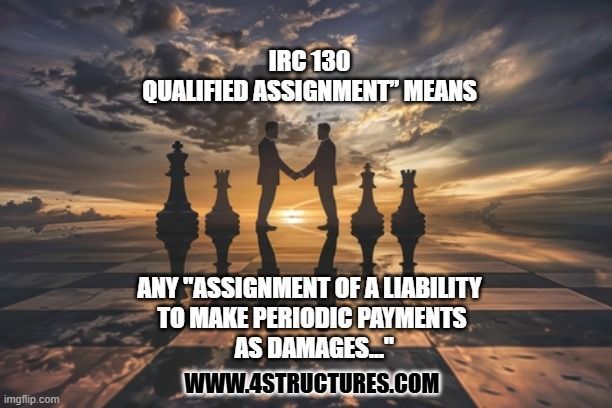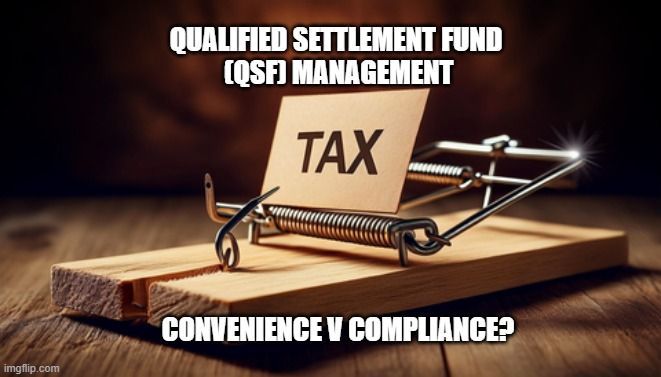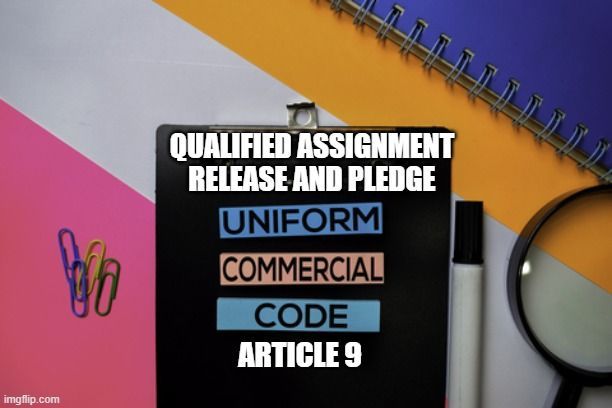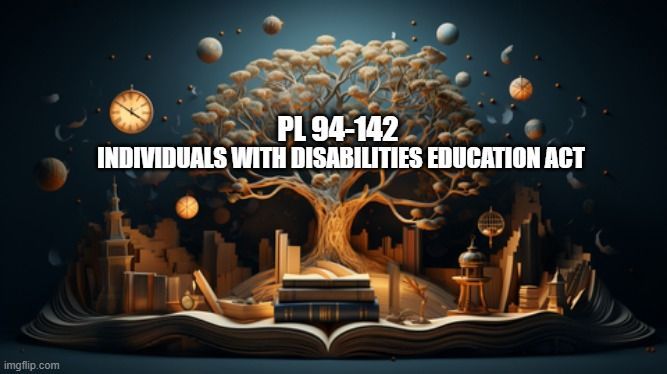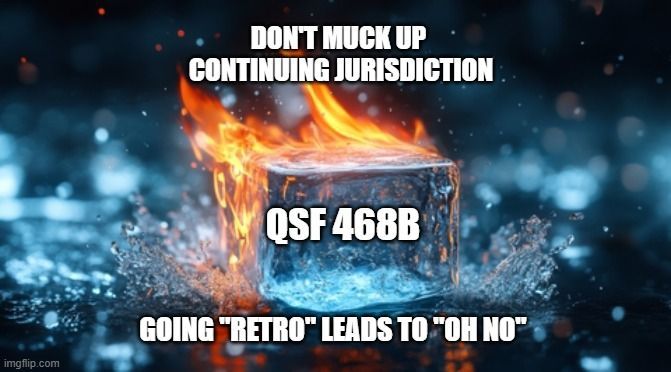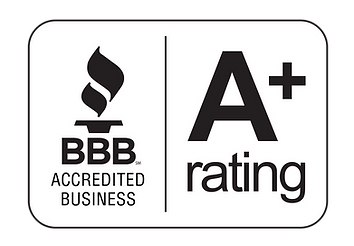Lujerio Cordero v Transamerica | Not Good for Primary or Secondary Market
Blame Everybody but the Unregulated, Unlicensed Factoring Companies and the "Disinterested Judge(s)" who approved six ill-advised Structured Settlement Factoring Transactions?
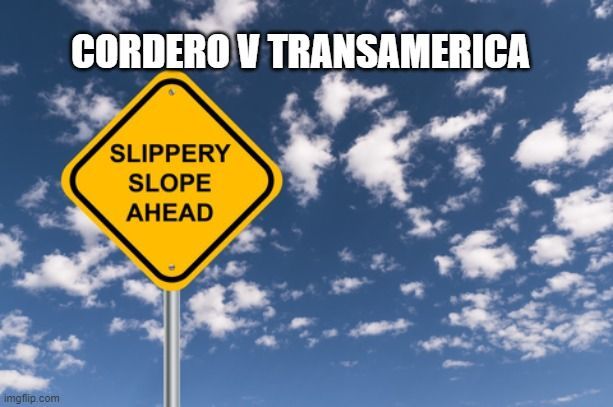
Who is Lujerio Cordero?
Lujerio Cordero received a structured settlement as part of the consideration for the settlement of a lead paint related lawsuit in Westchester County New York in the 1990s. Cordero now lives in Florida. Lujerio Cordero subsequently sold pieces of his structured settlement in six transactions, all in Florida. Four were venued in Sumter County, a notable forum shopping venue, scene of the "James McMillan structured settlement massacre".
What Happened in the McMillan Case?
In a September 24, 2018 filing, McMillan, who received a large structured settlement for his injuries in the 2003 Staten Island Ferry accident on the Andrew Barberi, sought that the Sumter County court rescind the 9 orders issued against him ex parte by Judge Michelle Morley. In the alternative McMillan asked that the court order New York Life, John Hancock, Pacific Life and Annuity, and Allstate Life Insurance Company of New York to make their scheduled payments into the court registry pending full resolution of McMillan's claims against petitioner's and their agents.
McMillan argued that Sumter County did not have original Jurisdiction as the structured settlement payment rights were governed exclusively by New York law.
McMillan outlined in his emergency motion that since the original lawsuit was from New York, the original settlement agreement requires application of New York law, and in 2013, at all times relevant, McMillan was domiciled in New York state (from 2009-2015), not Florida. McMillan contends that at the urging of petitioners the Court improperly exercised jurisdiction over McMillan and improperly exercised in rem jurisdiction over the structured settlement payment rights. McMillan contends that by entering orders without proper jurisdiction that the court inadvertently created a series of nullities, void orders that should be immediately vacated.
McMillan argued that New York law provides that a transfer can only take place where the payee resides or in the court that approved the original agreement (i.e. Rockland County or the Eastern District of New York). The provisions cannot be waived. McMillan also argued that New York Law provides that any petitioner set forth prior transfers and that the payee must attend the final hearing, unless excused for good cause. McMillan did not attend any of the 9 hearings. McMillan, who is now deceased, was unsuccessful in his legal effort.
Implied Covenant of Good Faith and Faith and Fair Dealing Theory
Lujerio Cordero could have sued the structured settlement factoring companies and their representatives like McMillan, but didn't. McMillan who is now deceased, was unsuccessful. The Judge(s), who Florida law gives final say over whether a structured settlement factoring transaction is approved, and did approve 6 structured settlement factoring transactions as the arbiter under state law, are immune. So Cordero went after the qualified assignment company and annuity issuer seeking a legal remedy.
Cordero ("Plaintiff') contends that, pursuant to the implied covenant of good faith and fair dealing in the structured settlement's governing instruments, the anti-assignment provisions in those agreements give rise to what is nothing less than a heretofore unknown fiduciary duty. Source: Amicus Brief of National Structured Settelments Trade Association February 16, 2023
This new fiduciary duty is purported to require that annuity issuers and structured settlement obligors can only waive their rights to enforce anti-assignment provisions after first expending considerable time, efforts, and resources to investigate whether a proposed assignment ( or "transfer") of structured settlement payment rights from a payee to a factoring company ( or "transferee" as that term is used in SSPAs) is, in fact, in the payee's best interest. Ibid.
"No court has ever imposed such a duty. Nor has any one of the state legislatures across the country"
No court has ever imposed such a duty. Nor has any one of the state legislatures across the country, all of which have adopted SSPA legislation. Instead, each state legislature has concluded that any proposed factoring transaction be presented to a disinterested judge, aimed with the authority under SSPAs and the full array of judicial tools to determine whether such a transaction is in the payee's best interest. Source: NSSTA Ibid.
"SSPAs expressly provide that issuers and obligors are protected from potential liability arising from a transfer".
Indeed, most state legislatures have provided the opposite of this new-found duty that the Plaintiff seeks to impose, in that SSPAs expressly provide that issuers and obligors are protected from potential liability arising from a transfer. Plaintiffs upside-down theory would not only upset the legislative judgments embodied in the SSPAs and SSPA orders but would contravene other applicable law, including common law principles that allow parties to waive anti-assignment provisions and that prevent the imposition of unfounded fiduciary duties in creditor-debtor relationships. Source: NSSTA Ibid.
Lack of Licensing and Regulation of Sales Practices of Structured Settlement Factoring Companies and Their Sales Reps is a Two Decade Long Strategic Failure of State Legislatures
No professional licenses or financial planning designations are needed for structured settlement factoring companies to speak to individuals with structured settlements and offer up solutions that are at the most pennies on the dollar.
God forbid any unlicensed person is giving financial advice. But they are. Some are even giving investment advice, telling people to sell structured settlement payments for pennies on the dollar and invest using illustrations that would not pass muster with any securites regulator. This is a known problem, the damage that can be done is reasonably forseeable and has been reasonably forseeable for over 20 years. With extremely limit exception in a few states, there is no power to fine, suspend or revoke authority to do business like there is with any other financial profession. Structured settlement factoring has some noble elements and particpants, however the lack of regulation of participants and sales practices and a means to enforce has even enabled imposters of insurance companies, strucured settlement registration scams, a known New York felon and individual with a lifetime FINRA ban to operate a Ponzi scheme that shaftedstructured settelment annuitants and lottery winners alike, payment of cash or in-kind bribes to get information about structured settlement, a minor's structured settlement to be pillaged (in Pennsylvania) and a Florida company to prey on a handicapped Texas man.
How does all of that happen if there is legitimate regulation of sales practices of structured settlement factoring companies AND their reps that interface with people receiving structured settlement payments?
Is it reasonable that structured settlement factoring companies can skate and judges are immune from accountability when there is serial incompetence that contributes to poor outcomes?
I encourage you to read my Structured Settlement Watchdog blog of February 14, 2023
Cordero v Transamerica | A Crowbar at "Pandora's Box" Due to Mostly Toothless State Regs and Judicial Immunity - Structured Settlements 4Real® Blog: Structured Settlements | Settlement Planning News and Commentary (typepad.com)

